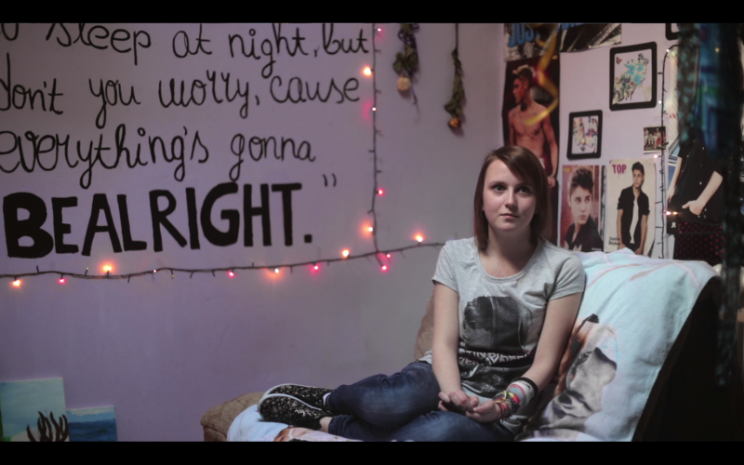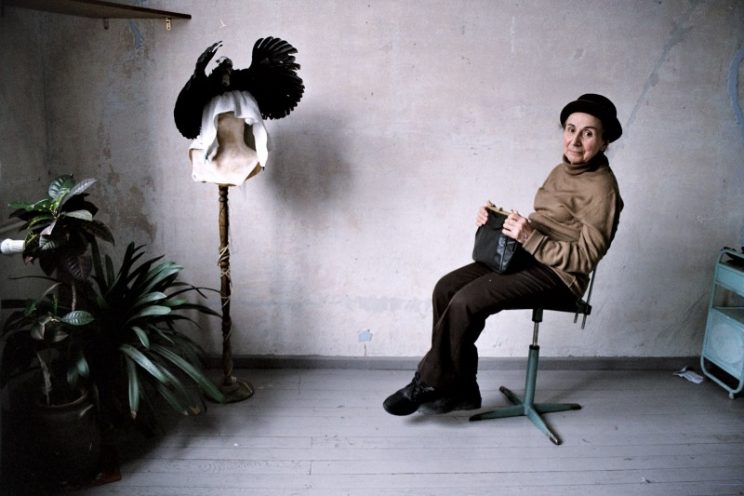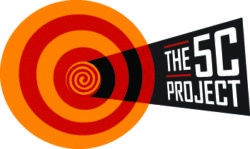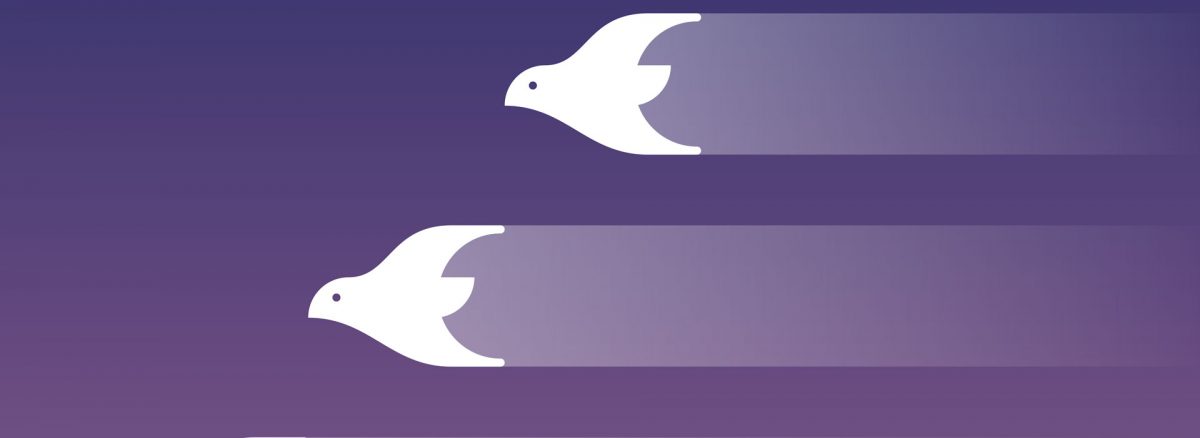One of the youngest film festivals in Serbia, the Belgrade International Documentary Film Festivals – Beldocs, was held for the 9th time this May. For seven days, Belgrade was hosting a big cinematic celebration, open for documentary lovers with the most diverse taste.
The slogan of this year’s edition of Beldocs, “Really free”, was not only a line expressing this festival’s intentions. In a way, it was also very opposed to the events in Serbia coinciding with the festival. The festival was held at a turbulent moment – right after the elections accompanied by scandals, when the nation was facing a new reconsideration of democratic freedom, and right before a shameful lay-off of an entire editorial team from a national TV, when the nation faced a new reconsideration of freedom of the media. So, what’s with the cinema in a society facing constant reconsideration of its own freedom? According to Beldocs – very promising. Cinemas are still open for the free-minded.

Variety of topics, views and cinematic approaches was the key feature of the domestic program. The audience had a chance to face the recent past through Chasing a Dream (2015, Mladen Mitrovic), an intimate poetical journey and another review of war in Bosnia, as well as through Depth Two (2016, Ognjen Glavonic), an exploration of crimes that happened 17 years ago and reminder of mass graves in Belgrade suburbs. One of the two winners of National Competition, Second line (2016, Nenad Milosevic), was also inspired by the past. Depicting and appreciating so far under-appreciated 60s avant-garde movement established at the north of the country, this movie may speak about the past, but it also gives a strong comment on the current art tendencies. Novi Sad, the home of the depicted avant-garde, was somehow always marginalized compared to Belgrade, just like Belgrade/Serbia was often (almost always) marginalized on the art map of Europe. The situation hasn’t changed much since the 60s – neither regarding the marginalized position, nor regarding the high quality ideas as seen in the film. When it comes to the films inspired by our present, they were also very diverse. We had the chance to see humorous, but serious exploration of stardom culture, shown on the example of Justin Bieber fans from the region through The Most Important Boy in the World (2016, Tea Lukac), we got a deep insight in the lives of homeless people living in the very center of the capital through Hotel Two (2015, Marko Mamuzic), we faced with systematic issues in mental institutions for criminals in Italy through Controindicazione (2016, Tamara von Steiner) . All in all, the films from domestic program were subtly socially engaged, deprived of the burden of burning issues in our society (luckily?), but still valuable for questioning our reality on various levels. What’s also important, those movies are, in a way, the grand onset of young filmmakers, unencumbered by the tradition.
![razred-800x450[1]](https://www.the5cproject.com/wp-content/uploads/2016/06/razred-800x4501-744x419.png)
International program was actually the reminder of the lack of freedom in different parts of the world, but also an inspiring celebration of all the people who have crossed the borders and fought, or are still fighting, for that good, old, simple freedom. Stunning Iranian film Sonita (2015, Rokhsareh Ghaemmaghami), one of the two winners of the International Competition, deals with the issue of female education interrupted by obsolete, yet very strong customs that give priority to the marriage rather than education. Croatian film Class (2015, Vesna Cudic) brings up similar conditions in a different environment. Another Iranian film, Rave Iran (2015, Sue Meures), depicts the battle of the young ones for the right to have fun. Alberdi Hall (2016, Micaela Tisminetzky), a film made in Argentina, depicts the battle of the young people for their right to preserve the culture from privatization. Bolshoi Babylon (2015, Nick Read, Mark Franchetti), a British insight into Russian greatest theater, expands the question of freedom in culture, pointing out how the bad state of culture reflects the fact that there is something wrong with the entire country. The International Competition Program was a chain of excellent films, loosely connected by the latent recognition of the similar problems, many of them regarding freedom or the lack of it.

Special programs were also in the spirit of freedom. One of them screened Bulgarian contemporary documentaries, which was really a rare opportunity to see something from this country’s production. Finally, the second special program was dedicated to Robert Flaherty – the father of documentary filmmaking. The first complete retrospective of Flaherty’s work in Europe was a great way to appreciate the history of documentaries and the beginnings of this art that blooms in front of our eyes.
From year to year, Beldocs is growing and developing, bringing us more and more cinema sweets and making us more aware about the world we live in. Great attendance at the festival proved that cinema still has the power to attract people and communicate with them.

